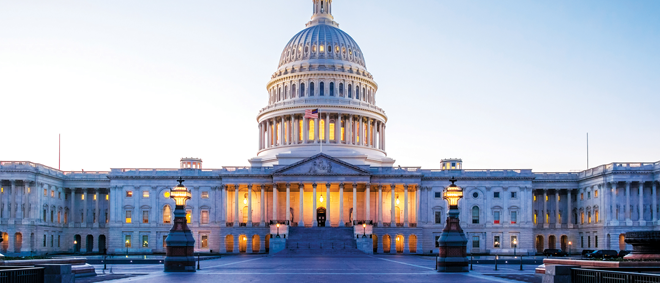Grants and tax credits, who doesn’t love them? The Bipartisan Infrastructure Law (BIL) is full of them, and recent Department of Energy (DOE) Notification of a Proposed Interpretive Rule provides guidance on who will get to benefit from those grants and tax credits. The BIL is a historic investment in U.S. infrastructure, the breadth of which is beyond the scope of this blog. However, thankfully, the DOE Proposed Rule focuses on batteries.Continue Reading Should You Be Concerned About Foreign Entities of Concern?










